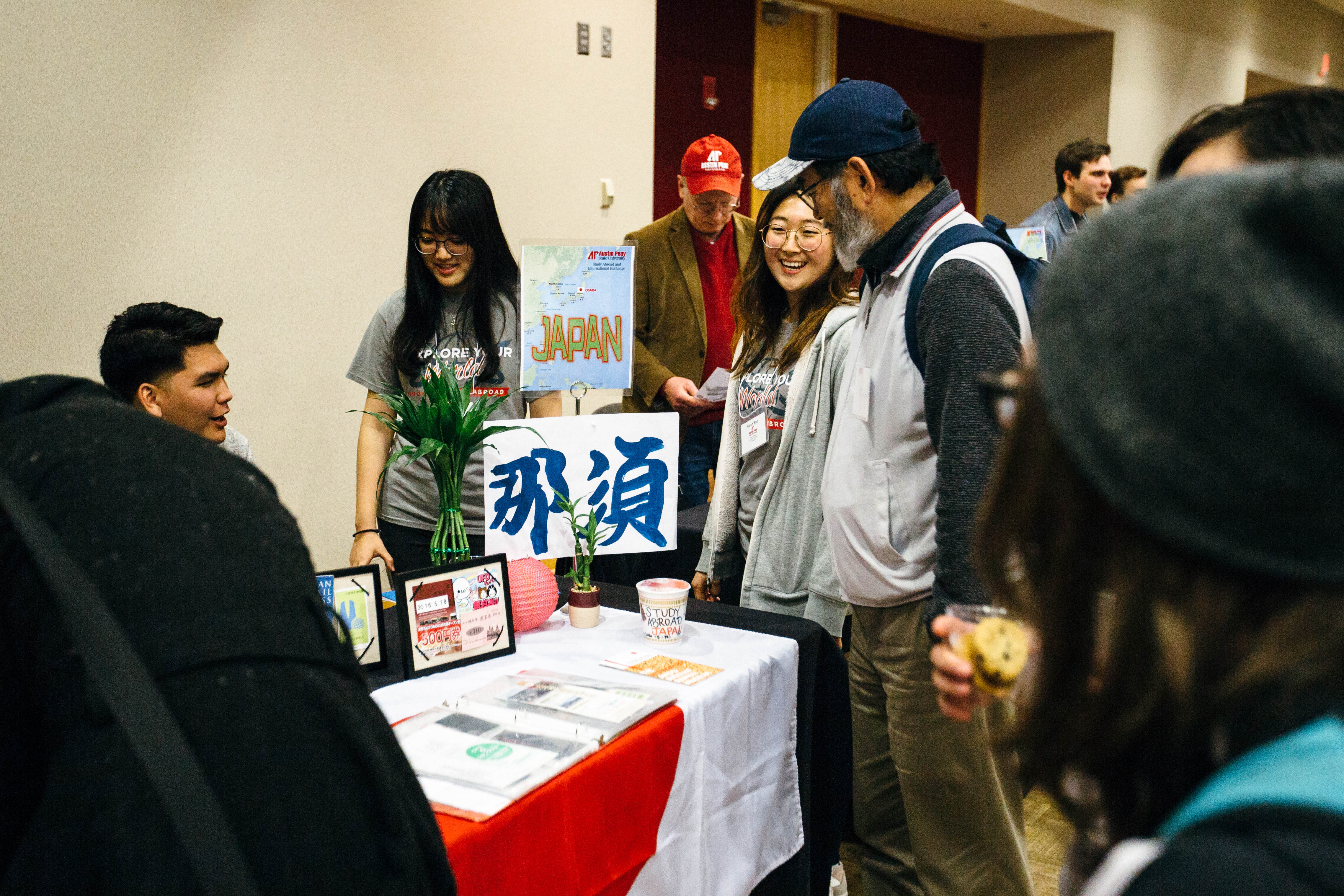The Novel Coronavirus is taking a toll on study abroad and international exchange offices across the United States.
Some schools are assessing the risks of their study abroad and exchange programs while others are prohibiting travel to and from China at the recommendation of U.S. officials.
Currently, APSU has no Chinese exchange students from Mainland China, though APSU does have two Taiwanese exchange students, according to Marissa Chandler, Director of Study Abroad and International Exchange.
The Taiwanese exchange students return home 30 days after APSU’s graduation day.
“We did just get a notice saying if there is a problem and a student or scholar needs to extend their time in the United States, we need to notify the government, and they’re going to work with them,” Chandler said.
There has been in the past at APSU a summer study abroad trip to Taiwan and China.
However, the faculty members that are in charge of this program have decided they’re not going to have the China/Taiwan Study Abroad program this summer, according to Chandler.
“Currently our plan at Austin Peay, and my plan as director, is safety is my number one priority when it comes to study abroad,” Chandler said. “We will never send an Austin Peay student or faculty or staff or anyone affiliated out of the country if there’s any kind of safety issue.”
APSU’s Study Abroad Program follows the U.S. Department of State’s guidelines regarding international travel, specifically travel advisories.
Under these guidelines, travel advisories are marked with levels escalating from one to four.
Level one meaning exercise normal precautions; Level two meaning exercise increased caution; Level three meaning reconsider travel, and finally, level four meaning do not travel.
The university’s plan, according to Chandler, is to not send students to level three or level four countries.
China is currently marked as a level four country, do not travel, as of Feb. 2.
“Do not travel to China due to the novel coronavirus first identified in Wuhan, China. On January 30, the World Health Organization (WHO) determined the rapidly spreading outbreak constitutes a Public Health Emergency of International Concern (PHEIC) Travelers should be prepared for the possibility of travel restrictions with little or no advance notice. Most commercial air carriers have reduced or suspended routes to and from China,” according to the U.S. Department of State’s website, travel.state.gov.
Regarding travel precautions, APSU’s Study Abroad has a form dictating crisis management procedures that guides them and is available online on the APSU Study Abroad website.
“Campus police, we always keep them aware any time we send students abroad. We send a travel manifest that lists all of the students and the faculty and staff that are going,” Chandler said. “So, campus police, my boss, Dr. Tim Hudson, the Dean of Students and my staff always get a list of who’s studying abroad.”
Chandler does not recall any similar global health or safety risks occurring during her time as director which could have caused issues with studying abroad.
“If there have been any global issues, they’ve been in countries that we’re not going to have a study abroad in anyways. We don’t send students to Egypt or Iraq or Iran. Turkey, we don’t send students to. To be honest with you, typically we’ll send students more to Europe. That’s our biggest number one area we send students to,” Chandler said. “The most popular study abroad is going to be London. Now, there have been some issues with some bombings and things on the Tube in London. However, we at that time, at least when I was in this position, we didn’t have students that were affected.”
Currently, APSU’s Study Abroad program has a “pretty sophisticated application process” according to Chandler.
“Different countries have different procedures, different cultures. So, we really do, I think, an excellent job of getting these students prepared and one of the things that we require them to do on their study abroad application is to enroll in the S.T.E.P. Program,” Chandler said.
The Smart Traveler Enrollment Program or S.T.E.P. is part of the U.S. Department of State and is a free service that allows U.S. citizens traveling or living abroad to receive the latest security updates from the nearest U.S. Embassy.
“It basically just informs the U.S. Embassy that so-and-so student from Austin Peay State University is going to be traveling here from this time to this time, but as a person who travels all over the world myself, part of my responsibility as the director of Study Abroad is to vet these study abroad sites and to make sure that these programs and these cities and these areas we’re sending students to are safe. We do what’s called a site visit, and even when I travel, I enroll in this, because you never know,” Chandler said.
Safety is the number one priority for Chandler.
“Obviously in study abroad, we want to make sure students are having a wonderful, transformative experience, that they’re getting the academic rigor in their study abroad program, that they’re able to explore and have time to embrace the culture when they’re abroad, but we always look at safety,” Chandler said.



